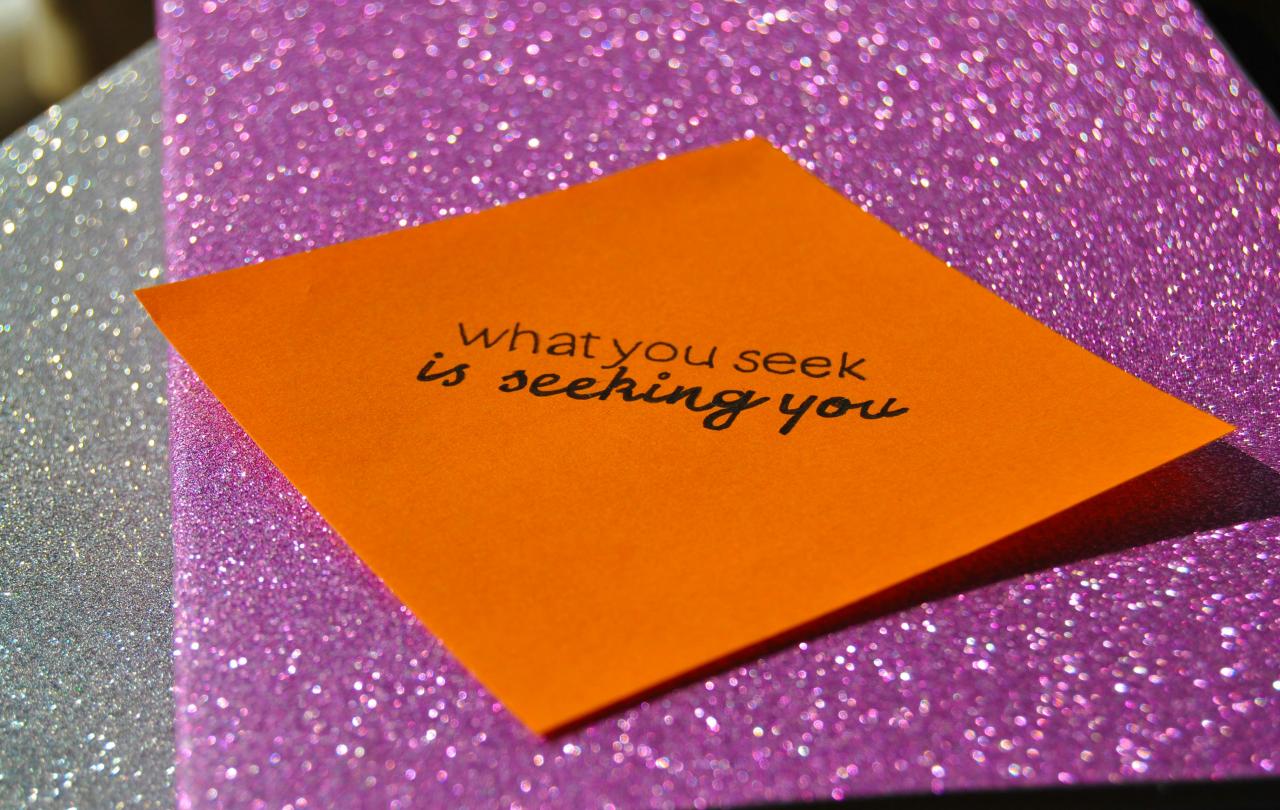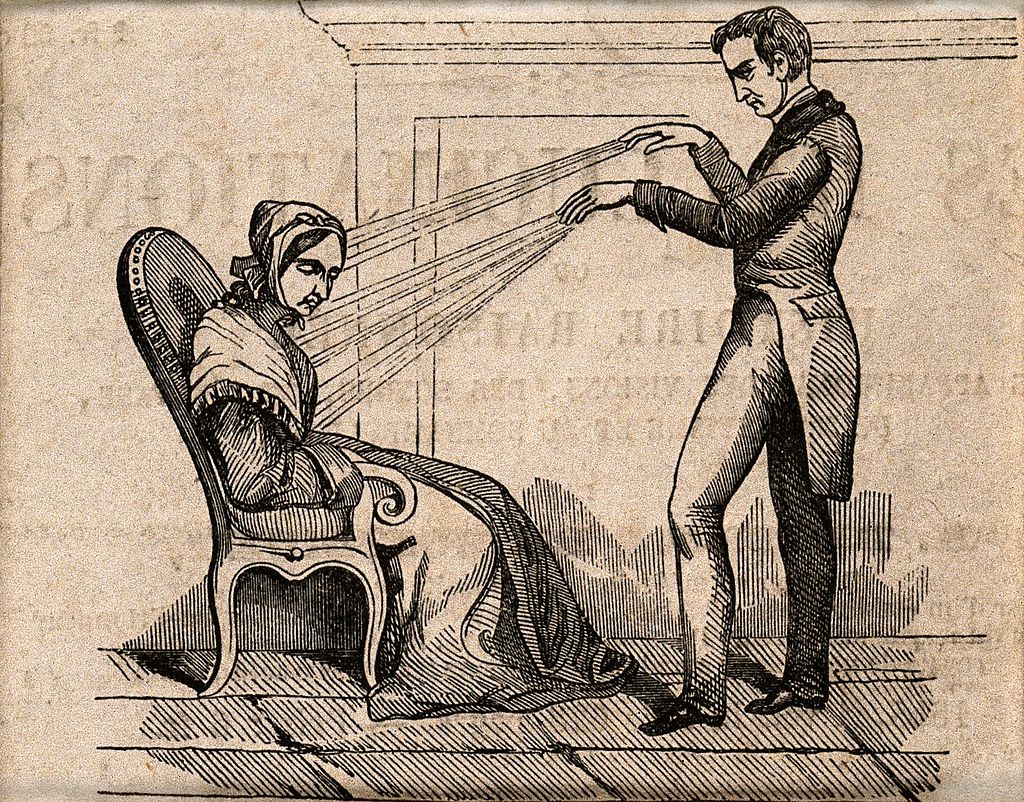
I think you’d like me if you met me. I’m not quite as charming as my father. I’m fairly genial, though, and not unduly narcissistic. (I’d ask you questions about yourself). But come not between the dragon and his wrath.
Usually strangers. Always men. Playing football. Driving. Public transport. A minor infraction, that’s all it takes. Some guy pushes past me onto the tube from which I’m trying to alight. He’s ignoring the custom (and nauseatingly repeated instruction) to let the passengers off the train first. Certainly, this chap has been naughty. It’s not nothing, what he’s done. In the cold light of day, can’t we evaluate his behaviour as careless and a touch selfish? But the thing is, I never see it in the cold light of day. To me, in the heat of the moment, it’s as grave a violation as if he’d bullied my little brother.
I scowl back at the stranger. He sees my indignation. What does he do? He smirks, of course. And what do I do? Turn away and get on with my day, recognizing that, in the grand scheme of things, it couldn’t matter less? Nope. I lock eyes with the guy. It’s a duel now. Through the tube’s translucent closing Perspex doors, I stare into the exultant face of my enemy. Furious.
Often as not my anger seemingly erupts from nowhere. That is, I don’t only get into these kinds of fracas when I’ve skipped breakfast. Or when I’m already having a bad day, already enraged (in which case a stranger’s infraction would be merely the last straw). No, no. Usually, I’m feeling just fine before incidents like this. I can thus say of my anger what Juliet says of Romeo’s love:
It is too rash, too unadvised, too sudden,
Too like the lightning, which doth cease to be
[Before] one can say, ‘It lightens.’
Even if my knowledge that this rage is rooted deep in childhood experiences doesn’t make its resurgence seem any less abrupt.
~
Famously, in the Sermon on the Mount, Jesus doesn’t discount The Law; he radicalizes it:
You have heard that it was said to those of ancient times: ‘You shall not commit murder; and whoever commits murder shall be liable to judgment.’ Whereas I say to you that everyone who becomes angry with his brother shall be liable to judgment…
I used to think this was an instance of rabbinic exaggeration. The phenomenological truth of what Jesus is saying, its fidelity to lived experience, eluded me. But reflecting more unflinchingly on my own anger, I now understand Jesus’s warning to be dreadfully accurate. I used naively to assume murderers are all monsters, sadistic sociopaths straight of Silence of the Lambs or Primal Fear. Today I realize that the difference between me and most murderers – those poor bastards eking out their life sentences out of sight and out of mind in our maximum-security prisons – comes down to one thing. Not character. Luck. I've been lucky enough to lose most of my fights.
Yet hidden away in Jesus’s warning is a profound revelation. τῶ ἀδελφῶ αὐτοῦ. It’s there in the Greek. ‘Everyone who becomes angry with his brother’. Not ‘becomes angry with another’. Nor ‘becomes angry with his neighbour’. Nor even ‘becomes angry with his enemy’. No, right at this moment Christ decides to insist upon, to remember, the fundamental fraternity of human beings. Which suggests that what is most deadly about the sin of anger – when it’s acted upon, that is, when anger becomes a sin (Eph. 4:26) – is the forgetfulness, the blindness, the obstruction of vision, which goes with it. What is forgotten in fits of rage? Anger forgets that its object is no mere object, no mere thing, no mere item. I forget that the intended target of my wrath is in fact my brother. In anger you lose sight of the face. You become blind to the stranger’s reality, to what remains true about him, to his persistent identity whatever he has done. You forget that he is still related to you in the most intimate way. That this guy on the tube, or this person who has hurt you, or this person who bears ill-will towards you, remains a someone, not a something. Remains a person. Remains a creature of the God who loves in freedom. Flesh and blood like I am. But spirit too… destined, like I am, to be united to Christ.
In anger you lose sight of the face. You become blind to the stranger's reality, to what remains true about him, to his persistent identity whatever he has done. You forget that he is still related to you in the most intimate way.
Perhaps this still all seems too abstract. Someone who makes it real is the novelist, J.M. Coetzee, whose brilliant, harrowing novel, Disgrace (1999), tells the story of a professor of literature, David Lurie. In the aftermath of an affair with a student, David resigns from his position at a University in Cape Town and retreats to his adult daughter Lucy’s remote small-holding in the uplands of the Eastern cape. David’s rural exile, however, is not fated to be a peaceful one.
One afternoon soon after David arrives on the farm, three strangers arrive – two men and a teenager – and enter the premises under the pretences of wanting to use the phone. Without further ado, the strangers knock David to the floor. When he comes to moments later, he finds himself locked in the lavatory. ‘His child is in the hands of strangers’. Eventually he’s released. They want his car keys. Whereupon he’s doused in methylated spirits. ‘The scrape of a match, and at once he is bathed in cool blue flame’. David manages to get to the toilet bowl in time – to extinguish the flames – and survive. But when he rouses, he finds the car stolen, the dogs shot and his daughter gang-raped.
This appalling incident, so difficult to read, happens in Chapter 11, roughly half-way through the novel. Which means that Coetzee leaves the reader completely wedded to the father’s quest for justice for nearly the rest of the story. Because Coetzee refuses to satisfy the quest. The regional police won’t act. And Lucy, impregnated, won’t press charges. It’s only in Chapter 23 that one of assailants reappears. By which time the reader is baying for blood. It’s the teenager, whom David discovers peeping at Lucy through the bathroom window. The whole passage warrants quotation:
The flat of his hand catches the boy in the face. ‘You swine!’ he shouts, and strikes him a second time, so that he staggers. ‘You filthy swine!’
More startled than hurt, the boy tries to run, but trips over his own feet. At once the dog is upon him. Her teeth close over his elbow; she braces her forelegs and tugs, growling. With a shout of pain he tries to pull free…
The word still rings in the air: Swine! Never has he felt such elemental rage. He would like to give the boy what he deserves: a sound thrashing. Phrases that all his life he has avoided seem suddenly just and right. Teach him a lesson, Show him his place. So this is what it is like, he thinks! This is what it is like to be a savage!
He gives the boy a good, solid kick, so that he sprawls sideways.
An extraordinary moment. Coetzee has his readers in the palm of his hand. Because (at least at the beginning of the passage) we too feel David’s ‘elemental rage’. We want what David wants: to pulverize the kid who raped his daughter. But suddenly, during the course of the passage, Coetzee starts to humanize the kid. (‘More startled than hurt, the boy tries to run, but trips over’). Both the kid’s clumsiness and then ‘shout of pain’ remind us that, whatever he’s done, the kid remains a human being. So, the reader is made to feel conflicted, vengeful still, but now protective too. Starting to fear rather than desire that the kid will be ravaged by the dog and beaten witless by the father. In other words, the reader is beginning to remember. The boy remains David Lurie’s brother.
~
In his rousing war-time sermon, ‘The Weight of Glory’ (1942), C.S. Lewis writes that ‘the load, or weight, or burden of my neighbour’s glory should be laid daily on my back’. What does he mean by this? Lewis is exhorting me to remember, continually to bring to mind, something I have forgotten about the stranger on the tube I will never meet again. Lewis is exhorting David Lurie to remember something he has (more understandably) forgotten about the boy sprawled in front of him at his mercy. Lewis writes:
It is a serious thing to live in a society of possible gods and goddesses, to remember that the dullest and most uninteresting person you talk to may one day be a creature which, if you saw it now, you would be strongly tempted to worship… There are no ordinary people. You have never talked to a mere mortal.
For me, then, anger management does not just involve, as Cognitive-Behavioural Therapy manuals have it, becoming more self-aware. No, efficacious anger management means becoming more other-aware. In the moment, right there on the tube, what I need most desperately is to think more not just about myself – who I am. I need to think more about who he is.
My prayer is that I learn to apprehend more vividly the identity and destiny of the person with whom I am here and now entangled, enmeshed, at odds.
My prayer, therefore, is not just that I become increasingly sensitive to my own internal state or what it is in in my own present or past that predisposes me to anger. My prayer is that I learn to apprehend more vividly the identity and destiny of the person with whom I am here and now entangled, enmeshed, at odds. That I can perceive him as my brother, however momentarily estranged from me he is, one who belongs to the same family. Who, as he smirks and scowls and menaces me – also bears the weight of glory. Dealing with anger requires what Simone Weil, and after her Iris Murdoch, call ‘attention’. As Murdoch puts it in The Sovereignty of Good (1970): ‘It is in the capacity to love, that is to see, that the liberation of the soul from fantasy consists’. Anger management is about being liberated from fantasy – the fantasy that my adversary is a mere mortal. Christ’s call to peace – to see the object of my anger as my brother – is ultimately a call for a reality check.






